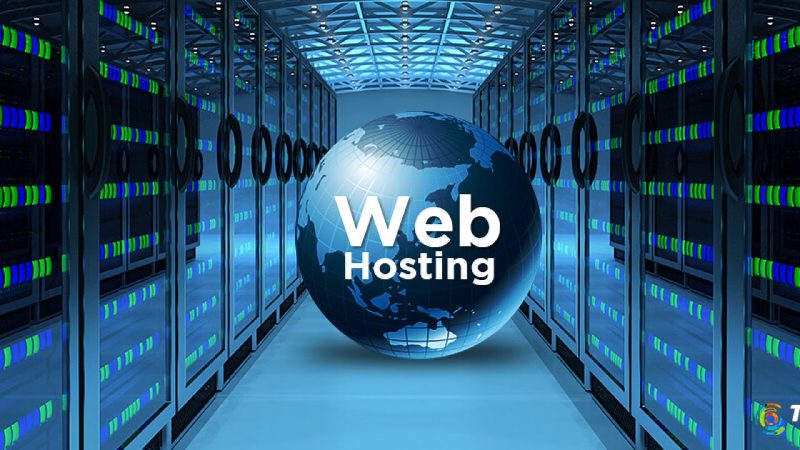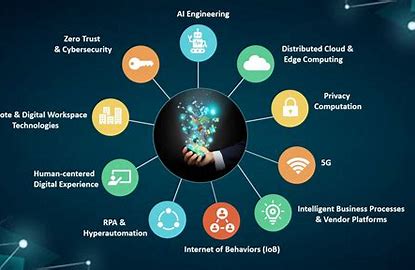Introduction
In today’s rapidly evolving world, technology has become an integral part of our lives. From the moment we wake up to the time we go to bed, we are surrounded by various technological advancements that shape the way we live, work, and interact. This article explores the impact of 10 technology drive on society, delves into its advancements in different sectors, and discusses the benefits and risks associated with it.
The Impact of Technology on Society
Technology has revolutionized the way we communicate, work, and access information. It has brought people closer together, making the world a global village. Social media platforms, instant messaging, and video conferencing have made it easier than ever to connect with others, regardless of their geographical location. Moreover, technology has democratized access to knowledge, empowering individuals to learn and grow.
Advancements in Communication Technology
Communication technology has undergone significant advancements in recent years. The advent of smartphones and high-speed internet has made it possible to stay connected at all times. Messaging apps, social media, and email have transformed the way we communicate, enabling instant and efficient interaction. Additionally, the emergence of 5G technology promises even faster connectivity and opens doors to further innovation.
The Role of Artificial Intelligence
Artificial Intelligence (AI) is a driving force behind many technological breakthroughs. AI algorithms and machine learning enable computers to analyze vast amounts of data, learn from it, and make intelligent decisions. This technology is being applied in various fields, including healthcare, finance, and customer service. AI-powered virtual assistants, such as Siri and Alexa, have become common household names.
Automation and its Effects on the Workforce
Automation, driven by technology, has transformed industries and the job market. While it has increased efficiency and productivity, it has also raised concerns about job displacement. Machines and robots are replacing certain manual and repetitive tasks, leading to a shift in the skills required in the workforce. As technology continues to advance, it is crucial to adapt and upskill to thrive in the changing job landscape.
Technology in Healthcare
Technology has revolutionized the healthcare industry, improving patient care and outcomes. Electronic health records (EHRs) have streamlined the management of medical information, making it easier for healthcare professionals to access and share patient data. Telemedicine has made remote consultations possible, ensuring access to healthcare services in remote areas. Medical devices and AI-powered diagnostics are also transforming the field of medicine.
The Influence of Technology on Education
Technology has transformed the way we learn and acquire knowledge. Digital learning platforms, online courses, and educational apps have made education more accessible and flexible. Students can now access a wealth of information and resources at their fingertips. Virtual reality (VR) and augmented reality (AR) are being integrated into classrooms, providing immersive and interactive learning experiences.
The Rise of Smart Homes
Smart home technology has become increasingly popular, providing convenience, security, and energy efficiency. Connected devices, such as smart thermostats, lighting systems, and voice-activated assistants, enable homeowners to control and monitor their homes remotely. The Internet of Things (IoT) has transformed ordinary houses into intelligent living spaces, enhancing comfort and sustainability.
The Future of Transportation
Technology is revolutionizing transportation, paving the way for autonomous vehicles, electric cars, and innovative transportation systems. Self-driving cars are being tested and developed, promising safer and more efficient transportation. Electric vehicles are becoming more affordable and sustainable, reducing reliance on fossil fuels. Hyperloop technology and flying taxis are being explored to revolutionize long-distance travel.
The Benefits and Risks of Technology
While technology offers numerous benefits, it also comes with inherent risks. Increased reliance on technology raises concerns about data privacy and security. Cybersecurity threats and data breaches pose risks to individuals, businesses, and even national security. Additionally, the rapid pace of technological advancements can create societal and ethical dilemmas that need careful consideration.
Conclusion
Technology has become an indispensable part of our lives, driving innovation, connectivity, and progress. Its impact can be seen across various sectors, from communication and healthcare to education and transportation. Embracing technology’s potential while being mindful of its risks is crucial for individuals, businesses, and society as a whole. As we navigate the ever-changing technological landscape, it is essential to harness its power responsibly and ethically.
FAQs
Q. How has technology transformed communication?
Technology has revolutionized communication by providing instant and efficient means of connecting with others. Social media, messaging apps, and video conferencing platforms have made it easier to stay in touch, regardless of geographical distances.
Q. What role does artificial intelligence play in technology?
Artificial Intelligence (AI) plays a significant role in technology. It enables machines to analyze data, learn from it, and make intelligent decisions. AI is used in various applications, such as virtual assistants, automated systems, and predictive analytics.
Q. What are the benefits of technology in healthcare?
Technology has improved patient care and outcomes in healthcare. It has streamlined the management of medical records, facilitated remote consultations through telemedicine, and advanced diagnostic capabilities through AI-powered systems.
Q. How has technology impacted education?
Technology has transformed education by making it more accessible and flexible. Digital learning platforms, online courses, and educational apps provide individuals with convenient ways to acquire knowledge and learn at their own pace.
Q. What are the risks associated with technology?
While technology offers numerous benefits, it also comes with risks. These include data privacy concerns, cybersecurity threats, and potential societal and ethical dilemmas arising from rapid technological advancements.





